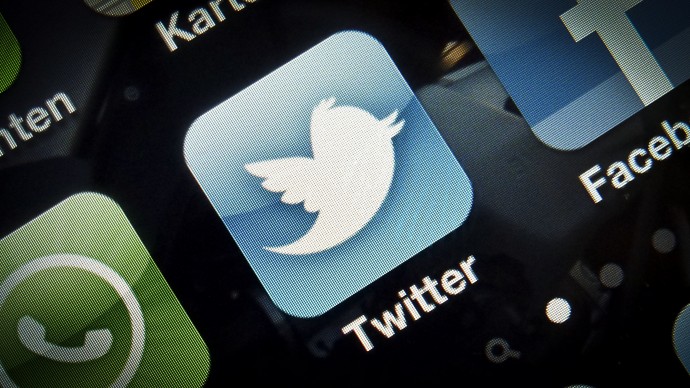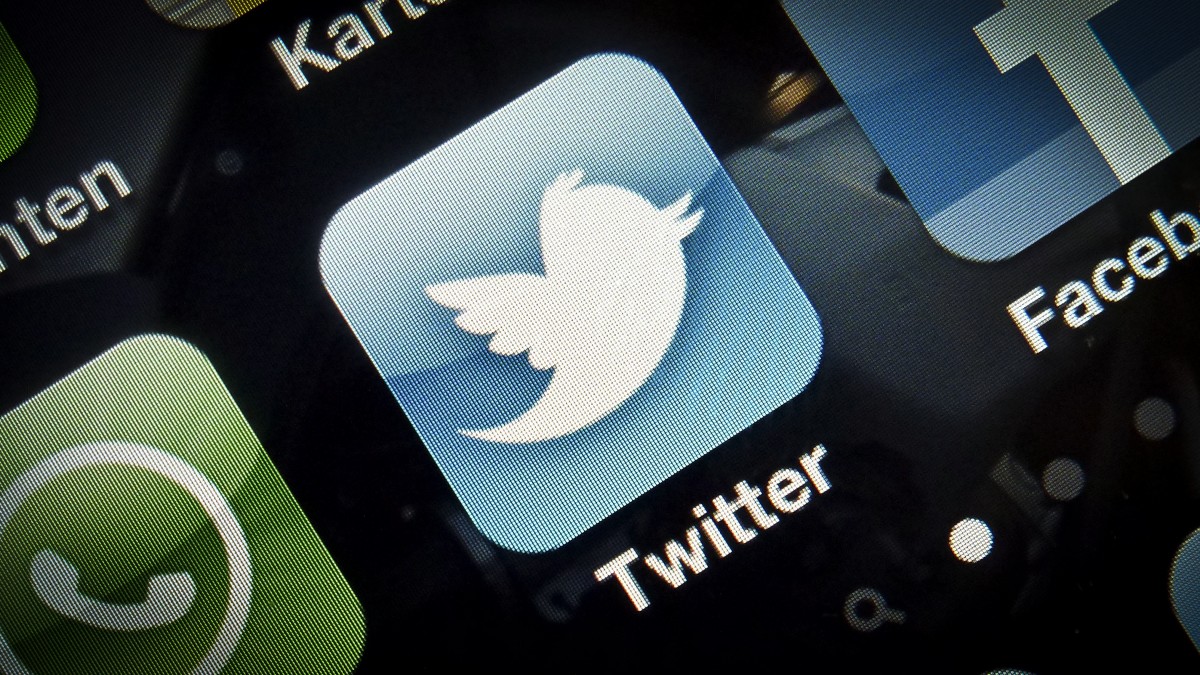
(MintPress) — Twenty-one-year-old Charlotte, N.C. resident Donte Jamar Sims had no idea the Secret Service was reading his tweets until he was arrested last week and charged in a felony criminal complaint for posts such as, “Well Ima Assassinate president Obama this evening ! … Gotta get this monkey off my chest while he’s in town -_-”.
Known on Twitter as @DestroyLeague_D, Sims wrote at least five tweets on Sept. 3 in which he threatened to kill President Obama, including: “[Secret Service] is gonna be defenseless once I aim the Assault Rifle at Barack’s Forehead…F* the #DNC,” “Ima hit president Obama with that Lee Harvey Oswald swag” and “*Plotting president Obama’s Murder”.
The tweets were discovered Monday morning by a Secret Service intelligence specialist.
Despite one of Sims’ Twitter followers reminding him in a joking manner that he “better stop Tweeting that before the FEDs come looking for you . lol,” Sims maintained he was serious “as a Heart Attack” about the threats to Obama. Though Sims admits he was high on marijuana when he posted those tweets, he acknowledges that he understood what he was doing and that it was wrong.
According to a U.S. District Court filing, Sims told Secret Service agents in Charlotte after his arrest that he posted the threats simply because he hates President Obama.
Sims remains locked up for now, awaiting a federal detention hearing on Tuesday, but this case is a good reminder for social media users that from pictures to written posts to checking-in at various locations, your information is not as private as you may believe.
Cooperating with law enforcement
According to a recent survey of federal, state and local law enforcement, 4 out of 5 first responders use some form of social media to help them with their job, with Facebook and YouTube being the most widely used social media platforms.
Even if users have their privacy restrictions set to the strictest measures, it’s legal for a user’s friends to share information the user has posted. Take Melvin Colon for example. Colon, a suspected New York gang member, posted public photos on Facebook in which he flashed gang signs – but this was not enough for an arrest.
Unable to access his private posts, police turned to one of Colon’s Facebook friends to allow them access to posts in which he had referenced past violent crimes and threats against others, as it’s legal for a “friend” to share access with the police to an individual’s social media accounts, even if they are private. The incriminating posts were enough to charge Colon with murder and weapons and narcotics-related crimes.
Fortunately for Twitter users, the 140-character sharing network has the reputation as the social media platform most resistant to turning over user information to the authorities.
Earlier this year, Twitter garnered media attention when the company refused to provide tweets made by Malcolm Harris, an Occupy Wall Street protester, to the NYPD. A New York judge ruled in July that Twitter must hand over Harris’ user information using the ideology that, “If you post a tweet, just like if you scream it out the window, there is no reasonable expectation of privacy.”
In response to the ruling, Twitter’s litigation lead, Benjamin Lee, tweeted, “Twitter users own their Tweets. They have a right to fight invalid government requests, and we continue to stand with them in that fight.”
Similarly, last month an anonymous Twitter user posted a string of tweets threatening to shoot many rounds at a New York theater where former boxer Mike Tyson was performing his one-man Broadway show. “I got 600 people on my hit list and that’s gonna be a mass murder for real,” read one tweet.
Twitter was sent a request for information on the user, but rejected the detective’s request saying it did not fall under its parameters for “when it appears that a threat is present, specific and immediate.” Only after the police issued a subpoena for the information did Twitter comply.
Just like in the Occupy case, a federal judge said the Fourth Amendment, which shields peoples’ homes and effects against unreasonable searches and seizures, doesn’t apply to social media. In the eyes of the law, anytime anyone shares with their friends online, they forfeit any expectation of privacy.
In a statement, Twitter said, “Twitter users own their Tweets and should have the right to fight invalid government requests,” but the company revealed earlier this year they complied with 75 percent of the 679 requests by U.S. government officials to turn over information in the first half of the year.
Social media surveillance
Still, one question that seems to remain unanswered is how the Secret Service, or other government law enforcement sectors, decide which tweets warrant more attention. More than 340 million tweets are posted per day, so in order to ease Homeland Security’s efforts to sift through the chatter, the department has flagged key words they believe are often used in illegal activities.
Divided into categories including Domestic Security, Health Concerns, Southwest Border Violence and Weather/Disaster/Emergency, the list of flagged words includes “help,” “snow,” “social media,” “smart,” “airport” and “Subway.”
The list has been criticized for being too broad, as a Twitter user posting they need “help” removing “snow” from their driveway so they can get to the “airport” would be flagged. Yet not every death threat would be flagged. For example there are many tweets floating around similar to “#IfObamaDontWin somebody better shoot Mitt Romney,” but no one has yet reported on any one of those Tweeters being arrested for those comments.
Similarly, rapper Nicki Minaj has been sent death threats via Twitter as some of her outraged liberal-leaning fans took out their frustration upon learning the lyrics she raps in Lil Wayne’s song “Mercy (Remix)” include: “I’m a Republican voting for Mitt Romney / You lazy b—-es is f—ing up the economy.” Just like Romney, no Twitter users appear to have been questioned or charged for threatening to kill Minaj.
While the CIA, Secret Service, Department of Homeland Security and local law enforcement chapters across the U.S. continue surveillance on social media sites, social media users should keep in mind that what they post, no matter what their privacy setting are, is not private and one day may be used against them.


